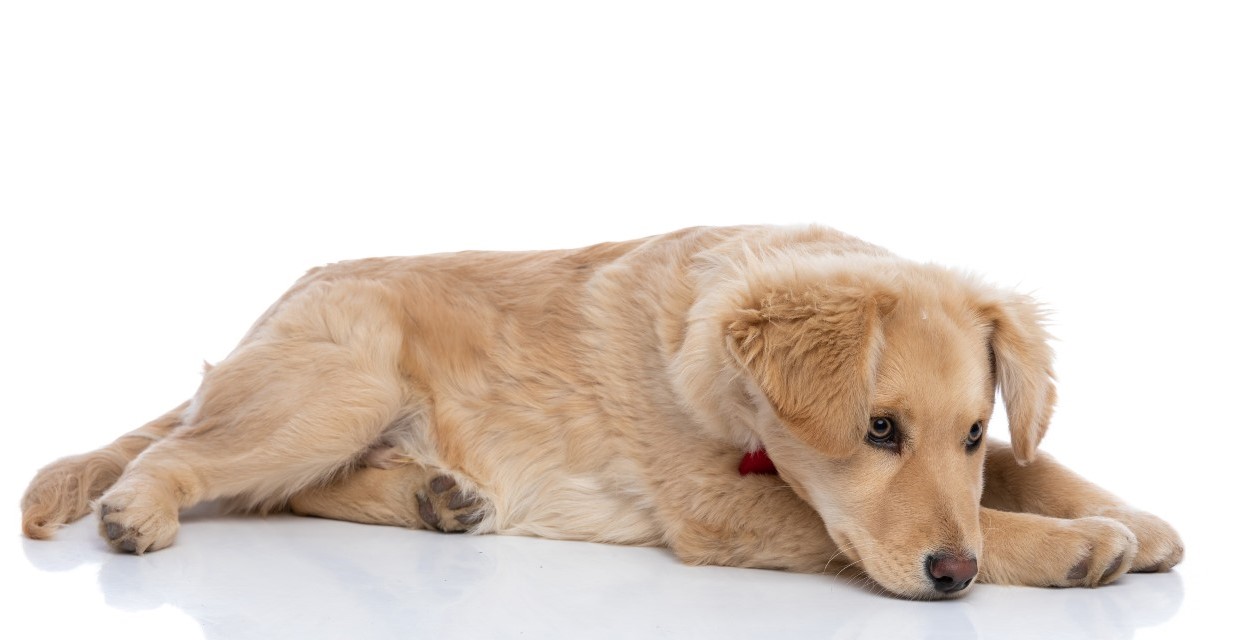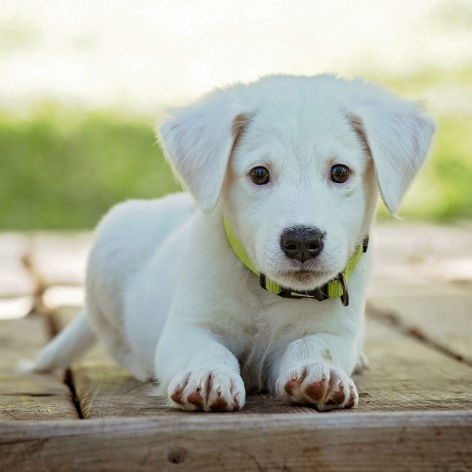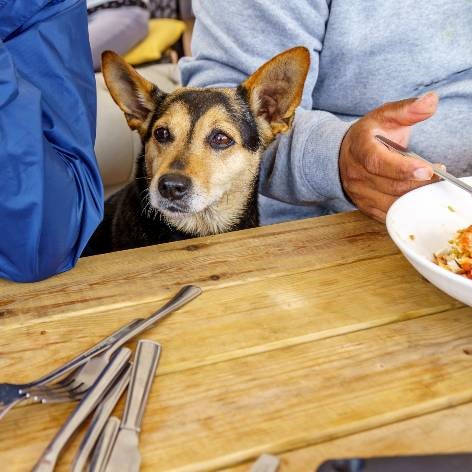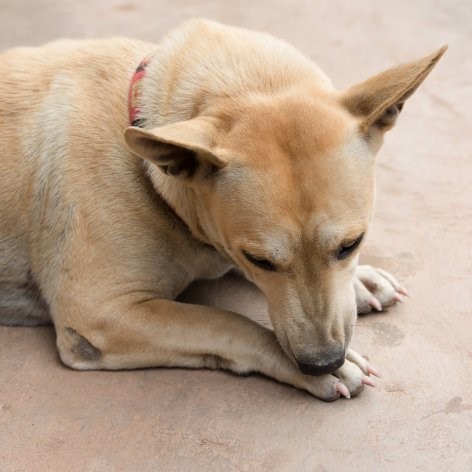Your puppy is 12-months old – congratulations on their first year!
Depending on their breed and size, puppies become adult dogs somewhere between 8 and 10 months (for small breeds) and up to a massive 18 to 24 months (in extra large breeds).
We all know that puppies grow and constantly change throughout their first 12-months – here is a handy list to ensure you’ve kept all of their healthcare needs in check as they grow.
Vaccinations
Your puppy will have had their core vaccinations as a young puppy. They may have even had some extra vaccinations based on their lifestyle, location or risks for certain conditions.
When they turn one, it’s time to re-visit your vet and discuss a schedule of annual health checks and vaccinations to ensure ongoing protection for your dog.
Intestinal Worming
From the age of six months, worming puppies every three months can help keep intestinal worms under control. Dogs will still be exposed to worms from others, and in the environment, so even if you see no signs of worm infection, it's good to stick to a regular worming schedule to keep these parasites at bay.
Other Parasites
Like worming, protection from other parasites such as fleas, ticks andheartworm needs to be a regular event. Many different regimes are available based on brand of product used and your dog’s lifestyle. Parasites can be a serious health risk for your dog and can sometimes cause illness in humans, too. Speak to your vet about the best parasite prevention program for your puppy's age and lifestyle.
Diet
Growing puppies need quality, scientifically formulated food to provide them with appropriate energy and the vitamins and minerals they need for optimal development. Smaller breed dogs are ready to transition from puppy to adult food before one year of age. However, large-sized breeds are still growing at this time, and benefit from staying on their puppy food until up to 18 months of age. Speak to your vet if you’re not sure about when to make the transition for your dog.
Training
Your pup will likely have undertaken puppy classes and training in their first year, and as an adult, your dog will benefit from follow-up training classes too. A qualified trainer will help reinforce positive training techniques, polish some skills or help curb any bad habits.
Behaviour
Separation from human parents can be an issue for some dogs. Be sure you've to leave them alone for short periods and allow them isolated quiet-time (in a crate, for example) while they're young and continue this as they get older to help avoid separation-related anxiety.
Fencing
Are your premises secure? As they grow older and start exploring the wider world, is your dog well protected from hazards both inside and outside the home? Now your dog is larger; they can run, jump and climb further than they could as a puppy.
Dental Health
At one year of age, your dog will have their set of 42 permanent adult teeth. Dental care at home is important - best practice is to brush their teeth with special dog toothpaste daily and providing your dog with safe chews such as lambs ears or rawhide chews can help maintain their oral health.
General Health
Your dog's eyes should be clear, without discharge, they should not be squinting, red or sore. Their coat should be glossy, not brittle or with a large amount of dandruff, and their skin should be pink, not red and itchy. Your dog should not regularly vomit or have prolonged bouts of diarrhoea. Your dog should be energetic and not lethargic. If they display any of these signs - or others you may be worried about - get them checked out by a vet right away.
Congratulations, your puppy is now one year of age!
Celebrate the milestone and look forward to many more years together, strengthening the relationship you have.
This article is for general information only. We recommend that you seek your veterinarian's advice regarding any health concerns, treatment and dietary help for your pet.





